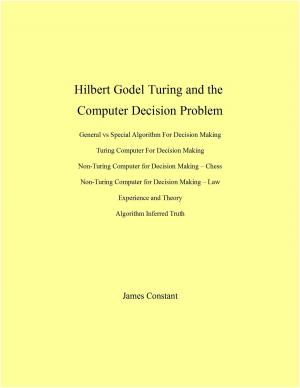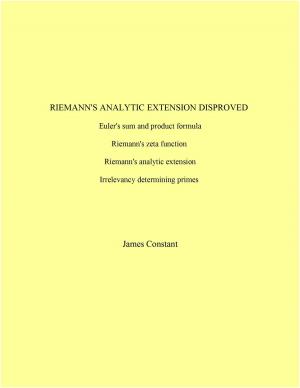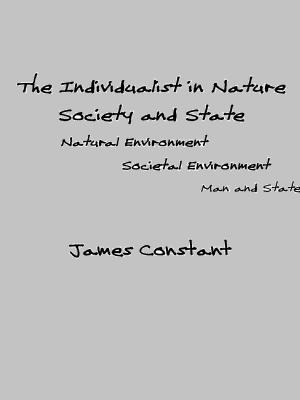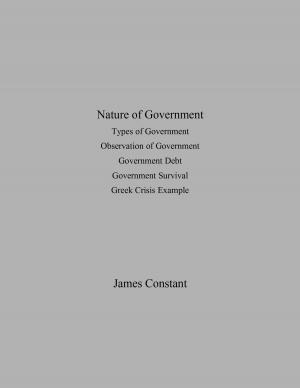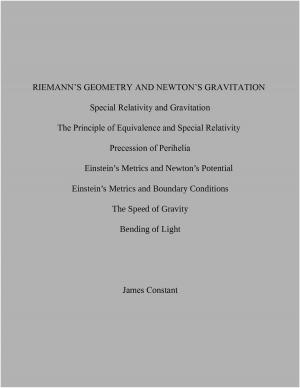Population Controls
Nonfiction, Social & Cultural Studies, Political Science, Government, Public Policy| Author: | James Constant | ISBN: | 9780463135921 |
| Publisher: | James Constant | Publication: | May 27, 2019 |
| Imprint: | Smashwords Edition | Language: | English |
| Author: | James Constant |
| ISBN: | 9780463135921 |
| Publisher: | James Constant |
| Publication: | May 27, 2019 |
| Imprint: | Smashwords Edition |
| Language: | English |
Since 1950 the Earth's population increased from 2.5 to 7.2 billion people, a 4.7 billion or 288% increase over a period of 70 years. The United Nations provides High, Medium and Low estimates for human population growth to 2100.[i] It is time therefore to start thinking seriously about population control. Presently, this is being done as more people become aware that their environment deteriorates by man's activity. Can one imagine the environmental outcome seventy years from now, by 2090?
There are several ways the human species can respond to future population increases, namely, by increasing food supplies, science advancement and by applying humane and/or more drastic inhumane population controls. Each way depends on the severity of the environmental impact.
The odds for drastic inhumane population control policy, to succeed stabilizing population growth by bringing population within the limits of food supply and scientific advance, is low for a number of reasons. First, a single dictatorial government on Earth for making draconian policies is low. Second, since population is a problem for local government, expect infighting between local governments for survival, resources and population targets. And, third, expect strong public resistance to orders for personal sacrifice. I believe drastic inhumane population controls will likely fail for these reasons. However, the human species may evolve into a new type species adapted to the worsening environment, or may rocket itself to more hospitable planets, or perish.
Since 1950 the Earth's population increased from 2.5 to 7.2 billion people, a 4.7 billion or 288% increase over a period of 70 years. The United Nations provides High, Medium and Low estimates for human population growth to 2100.[i] It is time therefore to start thinking seriously about population control. Presently, this is being done as more people become aware that their environment deteriorates by man's activity. Can one imagine the environmental outcome seventy years from now, by 2090?
There are several ways the human species can respond to future population increases, namely, by increasing food supplies, science advancement and by applying humane and/or more drastic inhumane population controls. Each way depends on the severity of the environmental impact.
The odds for drastic inhumane population control policy, to succeed stabilizing population growth by bringing population within the limits of food supply and scientific advance, is low for a number of reasons. First, a single dictatorial government on Earth for making draconian policies is low. Second, since population is a problem for local government, expect infighting between local governments for survival, resources and population targets. And, third, expect strong public resistance to orders for personal sacrifice. I believe drastic inhumane population controls will likely fail for these reasons. However, the human species may evolve into a new type species adapted to the worsening environment, or may rocket itself to more hospitable planets, or perish.






